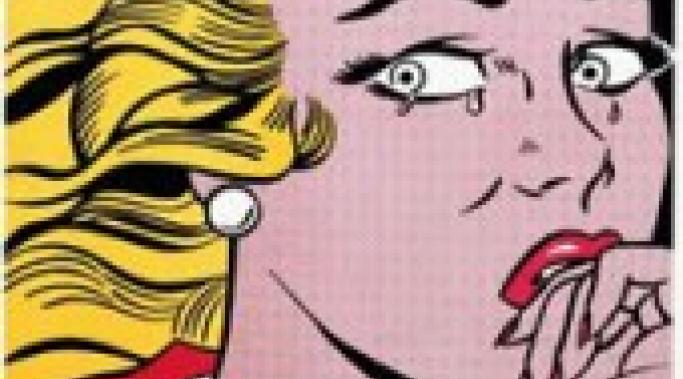Rapunzel! Rapunzel! What can the woman in your hair teach us about borderline personality disorder (BPD)?
As a villain, Mother Gothel in Disney's Tangled is unique. She's not motivated by revenge, greed, or lust for power. Gothel, terrified of growing older, is motivated by fear. As a result, she begins to display symptoms of BPD--to the point where she will literally die without Rapunzel and her magic hair.
More than Borderline
We can enjoy holidays--and life--when we remember that things often do not go according to plan. Understanding and accepting this fact does not mean we have to like it--even if it is incredibly liberating to know that it's okay if we don't know the words to O Christmas Tree.
During church that Sunday, their pastor played a clip of Susan Boyle's audition on Britain's Got Talent. Although it wasn't the point of the sermon, I realized that this clip is an excellent metaphor for life with borderline personality disorder (BPD).
We Americans live in a capitalist society. Some things, however, should never be put up for sale. Money may not grow on trees, but it can be recovered if a mistake is made. Human life can not.
Sometimes you need a temporary solution for problems you're working on in therapy.
What can a misshapen carrot teach us about the standards we set for ourselves as people with borderline personality disorder?
A drunk man began to touch me and another woman. He refused to stop and began to be aggressive. How would I get through this situation and its aftermath without going into psychiatric crisis?
In college, I went through one of the most agonizing experiences a person, especially one with borderline personality disorder (BPD), can go through: large-scale abandonment.
I was diagnosed with depression the summer after my freshman year, and returned to the university on psychiatric medication. People at my church suggested I get counseling through the church. After two sessions, the director of the church's counseling center told me not to come back until I dealt with all of my anger.
People with a diagnosis of borderline personality disorder(BPD) often can not integrate more than one side of a situation. One week’s perfect therapy may be next week’s torture, rather than therapy being a helpful yet difficult process.
I once heard that almost half of all people with schizophrenia have difficulty getting medical treatment for physical problems when their doctors are aware of their psychiatric diagnosis. Based on my experience, the percentage of this problem is much higher for people with Borderline Personality Disorder (BPD) and this is why having a patient advocate on your side may prove invaluable.








